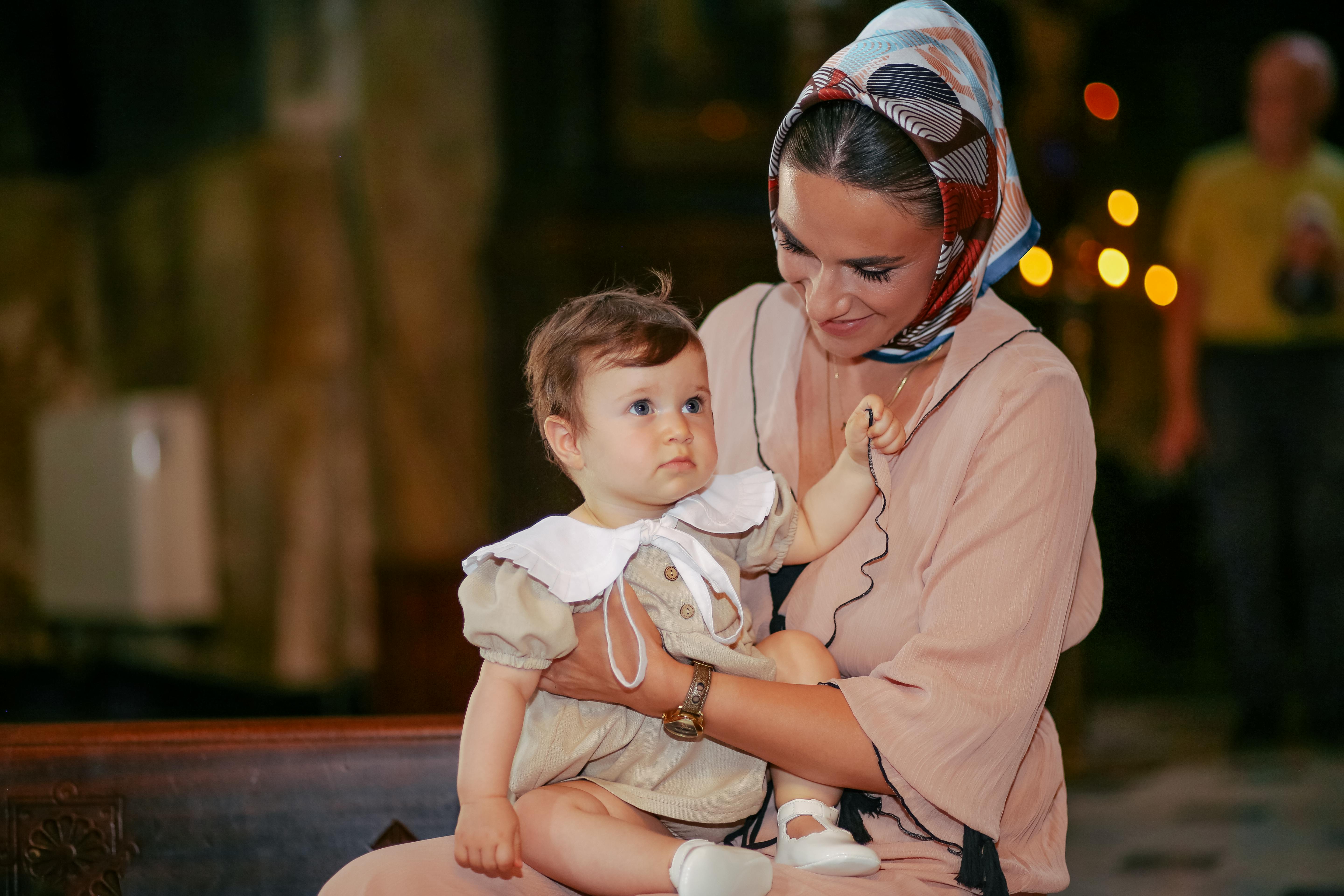Table of Contents
Supervision
One of the most important safety procedures for babysitters to follow is proper supervision of the children in their care. It is essential to keep a close eye on the children at all times, especially when they are engaged in potentially dangerous activities such as swimming, cooking, or playing with small objects. Make sure to establish clear boundaries and rules with the children, and enforce them consistently. Additionally, be aware of any potential hazards in the home, such as sharp objects, electrical outlets, or cleaning supplies, and take steps to eliminate or mitigate them.
On-Demand Childcare in Your Neighborhood
Book a Sitter
Emergency Preparedness
Another key safety procedure for babysitters is being prepared for emergencies. Before the parents leave, make sure to obtain important information such as emergency contact numbers, the address of the home you are babysitting in, and any relevant medical information about the children. Familiarize yourself with the location of first aid supplies and fire extinguishers in the home, and know how to use them in case of an emergency. It is also a good idea to have a plan in place for evacuating the home in the event of a fire or other emergency.
Home Safety
Ensuring a safe and secure home environment is another critical safety procedure for babysitters. Make sure to keep all doors and windows locked, and be cautious about opening the door to strangers. Keep all potentially dangerous items out of reach of children, such as medications, sharp objects, and cleaning supplies. It is also important to be mindful of potential hazards outside the home, such as busy streets or bodies of water, and take steps to prevent the children from accessing these areas.

Health and Hygiene
Maintaining proper health and hygiene practices is essential for the safety of both the children and the babysitter. Make sure to wash your hands frequently, especially before and after handling food, changing diapers, or caring for a sick child. Encourage the children to wash their hands regularly as well, and to cover their mouths when they cough or sneeze.
Be vigilant for any signs of illness in the children, and notify the parents immediately if you notice any concerning symptoms.
Communication with Parents
Effective communication with the parents is key to ensuring the safety of the children in your care. Before the parents leave, make sure to discuss any important information about the children, such as their bedtime routine, dietary restrictions, or medical needs. Keep the parents informed of any significant events that occur while they are away, such as accidents or illnesses. It is also a good idea to check in with the parents periodically throughout the evening to provide updates on how the children are doing. By maintaining open and honest communication with the parents, you can ensure that everyone is on the same page when it comes to the safety and well-being of the children.










